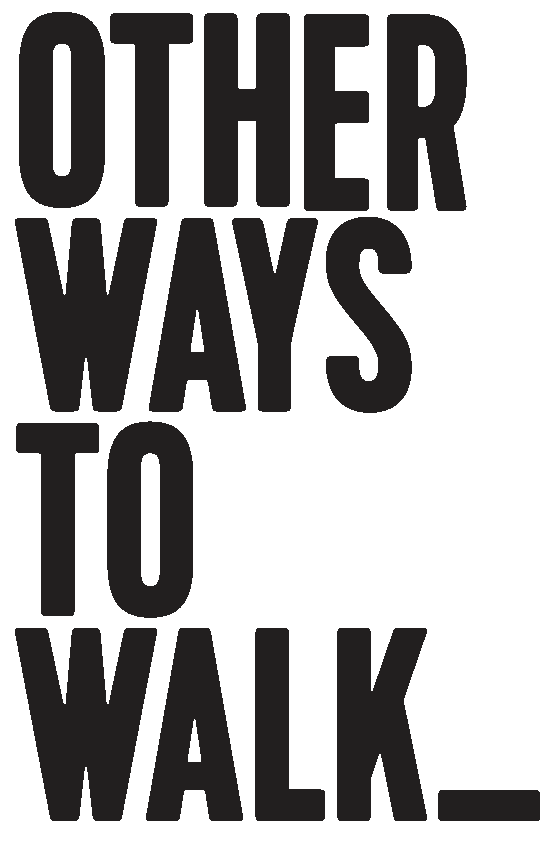Our Broken Relationship with Nature
it is widely recognised that we are losing the language to describe nature. And if we don’t have the words for it, how will we recognise things like biodiversity loss. Words that describe nature appear less in contemporary literature and film than they did a decade ago as our lives become more urbanised.
In 2007, the new edition of the Oxford Junior Dictionary introduced new words such as “broadband” while other words, describing the natural world, disappeared. The dictionary’s guidelines require that it reflect “the current frequency of words in daily language of children”. These guidelines mean that words like Dandelion, Otter, Bramble and Acorn are at risk of being excluded from the children’s dictionary.
There’s a theory proposed by the philosopher AJ Ayer that ‘unless we have a word for something, we are unable to conceive of it, and that there is a direct relationship between our imagination, our ability to have ideas about things, and our vocabulary.’
If you haven’t already seen the stunning book, The Lost Words by Robert MacFarlane and Jackie Morris I strongly recommend you get your hands on a copy. They documented the words that were at risk of being lost with the most exquisite words and images.
We can all do our bit to protect nature, learning the names of birds or flowers and sharing them with the next generation. At this time of year there are some remarkable fungi to discover - have you ever found ‘smoky bracket’ or ‘jelly ears’ fungi?

